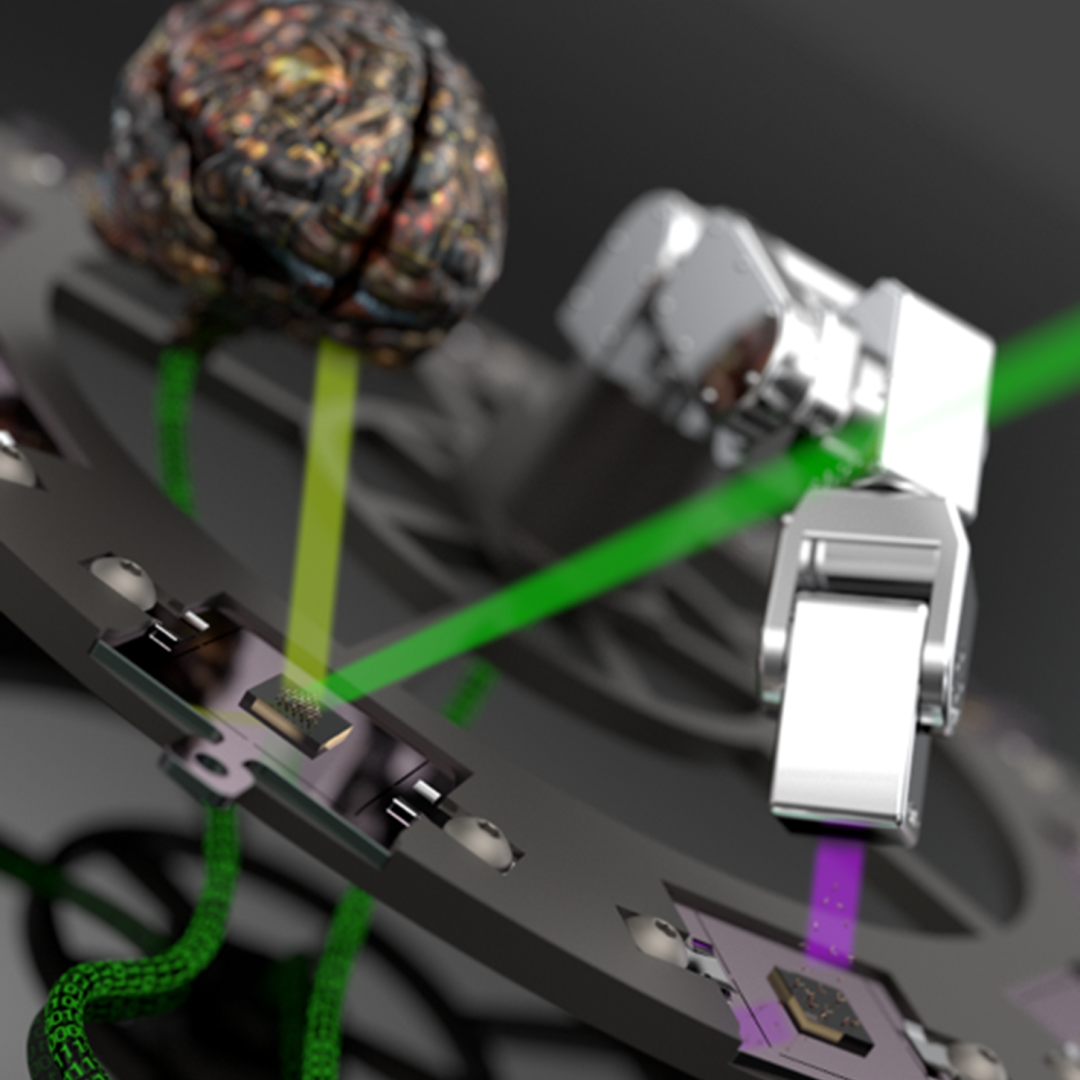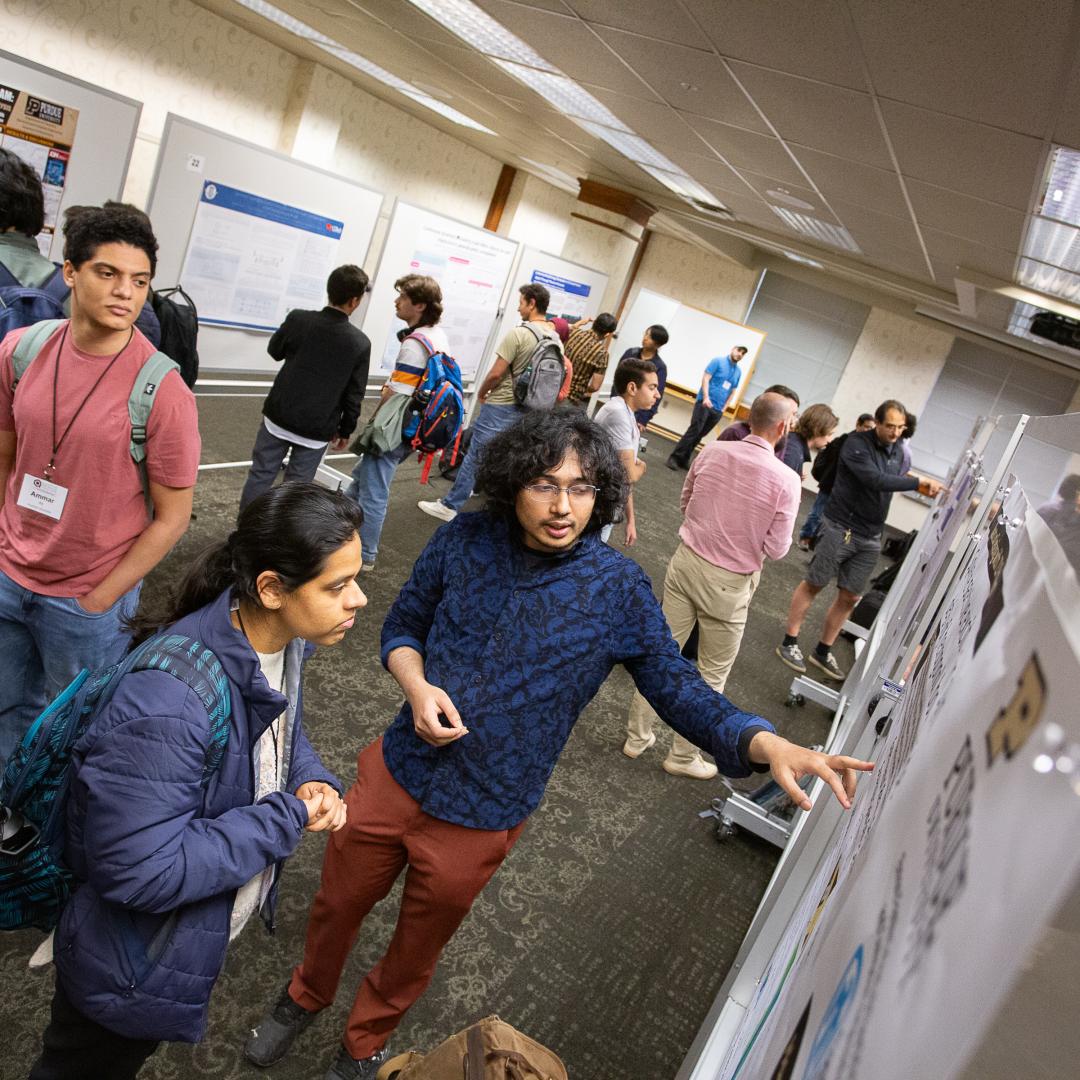Filter News
Area of Research
News Topics
- (-) Artificial Intelligence (7)
- (-) Biotechnology (5)
- (-) Transportation (21)
- 3-D Printing/Advanced Manufacturing (26)
- Advanced Reactors (2)
- Big Data (5)
- Bioenergy (13)
- Biology (23)
- Biomedical (10)
- Buildings (13)
- Chemical Sciences (7)
- Clean Water (8)
- Climate Change (11)
- Composites (6)
- Computer Science (30)
- Coronavirus (10)
- Critical Materials (4)
- Cybersecurity (5)
- Decarbonization (7)
- Energy Storage (22)
- Environment (39)
- Exascale Computing (2)
- Frontier (4)
- Fusion (8)
- Grid (11)
- High-Performance Computing (19)
- Isotopes (12)
- ITER (4)
- Machine Learning (1)
- Materials (32)
- Materials Science (22)
- Mathematics (1)
- Mercury (3)
- Microscopy (10)
- Nanotechnology (10)
- National Security (7)
- Net Zero (1)
- Neutron Science (18)
- Nuclear Energy (6)
- Physics (3)
- Polymers (5)
- Quantum Computing (5)
- Quantum Science (12)
- Security (3)
- Space Exploration (4)
- Statistics (1)
- Summit (9)
- Sustainable Energy (35)
Media Contacts

Oak Ridge National Laboratory researchers have developed a new catalyst for converting ethanol into C3+ olefins – the chemical
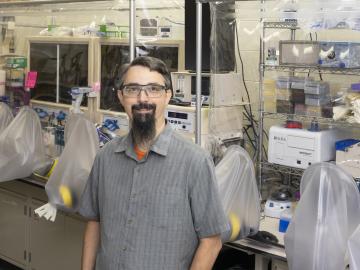
As a metabolic engineer at Oak Ridge National Laboratory, Adam Guss modifies microbes to perform the diverse processes needed to make sustainable biofuels and bioproducts.
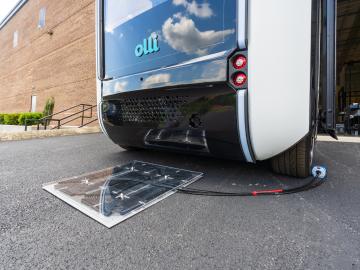
Oak Ridge National Laboratory researchers demonstrated their wireless charging technology on an autonomous electric vehicle for the first time in a project with Local Motors.

Researchers at Oak Ridge National Laboratory have developed a nationwide modeling tool to help infrastructure planners decide where and when to locate electric vehicle charging stations along interstate highways. The goal is to encourage the adoption of EVs for cross-country travel.
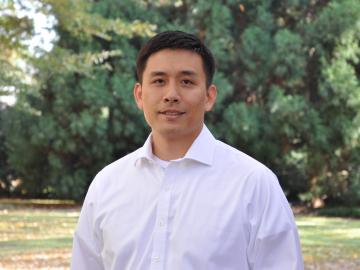
Ross Wang has been intent on resolving traffic jams since he rode a city bus every day through 40 minutes of traffic to get to his elementary school. That daily journey left an impression that would shape his career.
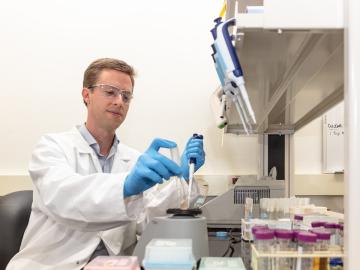
In a step toward increasing the cost-effectiveness of renewable biofuels and bioproducts, scientists at ORNL discovered a microbial enzyme that degrades tough-to-break bonds in lignin, a waste product of biorefineries.
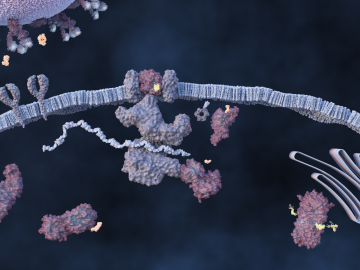
An ORNL-led team comprising researchers from multiple DOE national laboratories is using artificial intelligence and computational screening techniques – in combination with experimental validation – to identify and design five promising drug therapy approaches to target the SARS-CoV-2 virus.
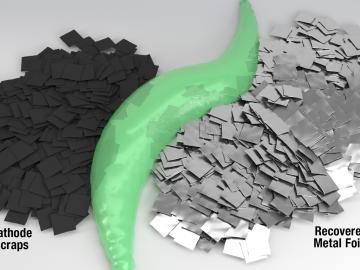
Scientists at Oak Ridge National Laboratory have developed a solvent that results in a more environmentally friendly process to recover valuable materials from used lithium-ion batteries, supports a stable domestic supply chain for new batteries
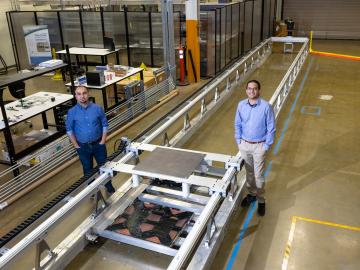
Consumer buy-in is key to the future of a decarbonized transportation sector in which electric vehicles largely replace today’s conventionally fueled cars and trucks.
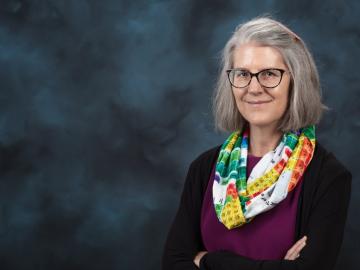
Deborah Frincke, one of the nation’s preeminent computer scientists and cybersecurity experts, serves as associate laboratory director of ORNL’s National Security Science Directorate. Credit: Carlos Jones/ORNL, U.S. Dept. of Energy


